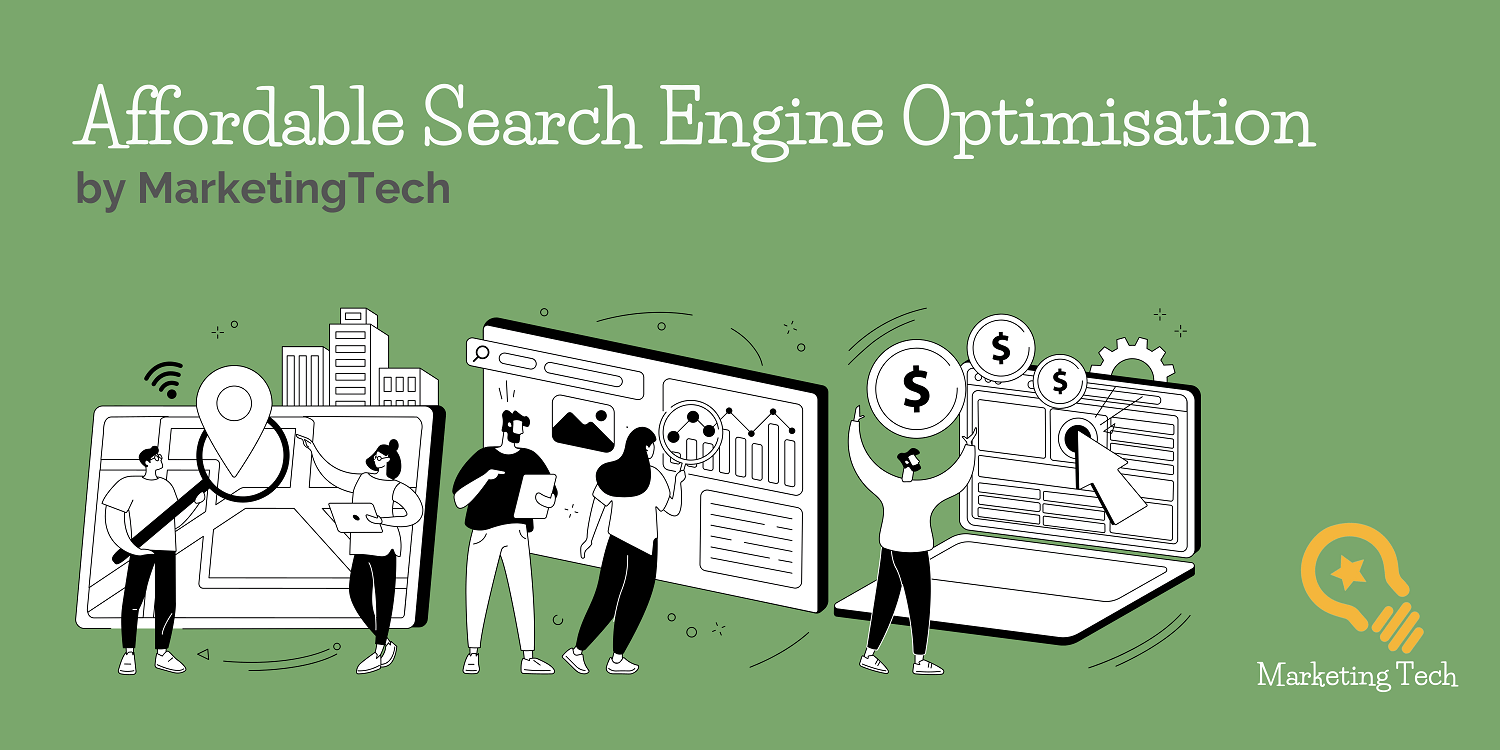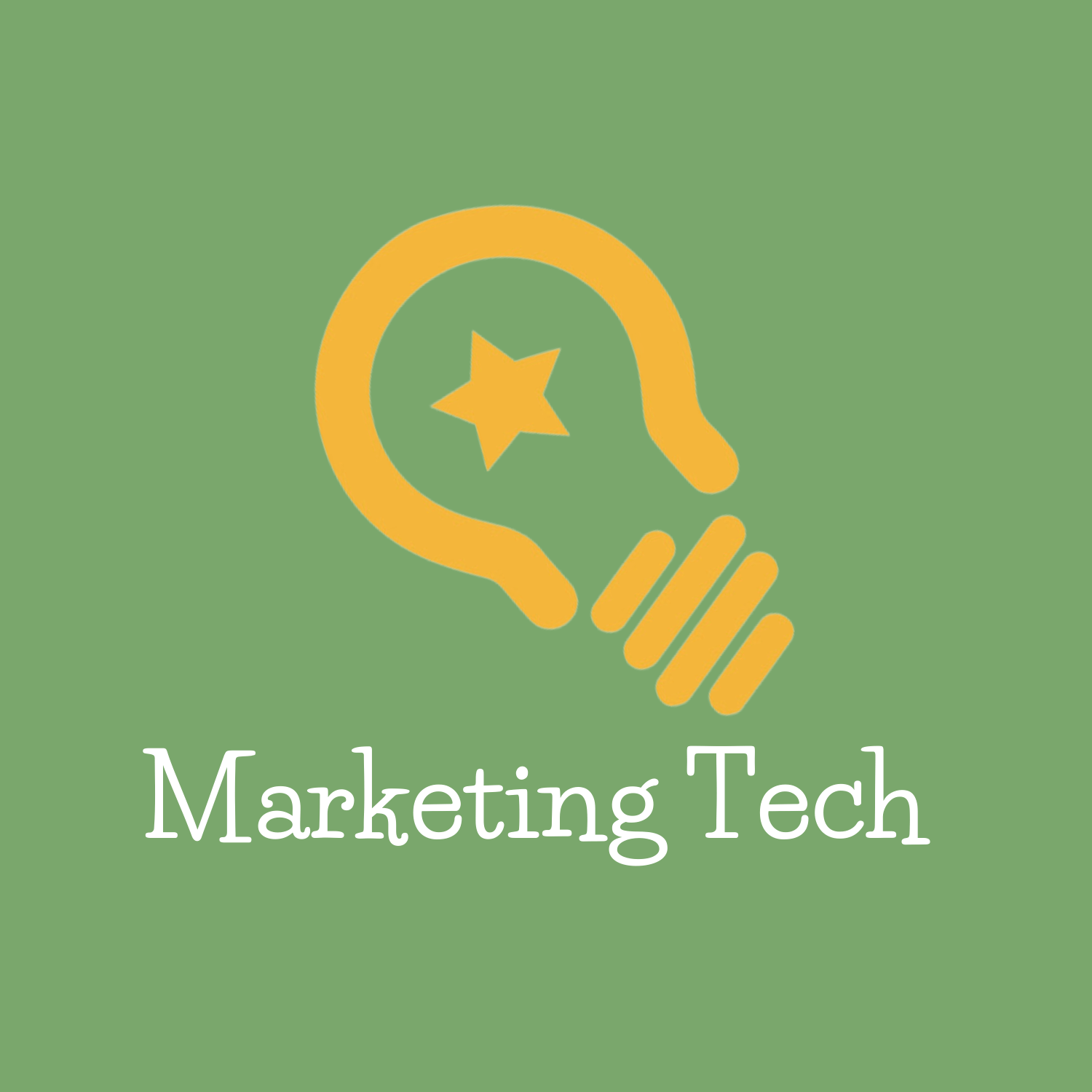The intersection of Artificial Intelligence (AI) and Search Engine Optimisation (SEO) is quickly evolving, with AI revolutionising how SEO professionals perform their tasks. AI tools are automating time-consuming SEO tasks, which frees up SEO professionals to focus on more strategic activities

In this article, we discuss the ways in which AI is impacting SEO and how AI-generated content can be good for SEO.
- How will AI affect SEO?
- SEO Tools with AI
- Is AI generated content good for SEO?
- What is ChatGPT?
- How does ChatGPT Works?
- What can ChatGPT do?
AI and SEO: How will AI affect SEO?
Artificial intelligence (AI) is rapidly changing the way we live and work, and Search Engine Optimisation (SEO) is no exception. AI is already being used in a variety of ways to improve SEO, and its impact is only going to grow in the future.
Here are some of the ways AI will affect SEO 2023:
- Automating tasks. AI can automate many of the time-consuming tasks involved in SEO, such as keyword research, content optimisation, and link building. This frees up SEO professionals to focus on more strategic tasks, such as developing content marketing plans and creating high-quality content.
- Analysing data. AI can analyse large amounts of data to identify trends and patterns that would be difficult for humans to spot. This information can be used to improve SEO strategies and make better decisions about content, keywords, and links.
- Personalising results. AI can be used to personalise search results for each individual user. This means that users are more likely to find the information they are looking for, which can improve the user experience and boost website traffic.
“The train has left the station, and it's going at 350 km per hour. There's nothing we can do to stop it now”
So says a Robotics and Artificial Intelligence (AI) expert, when interviewed by The Economist.
AI is making SEO more efficient, effective, and personalised (so says Google's Bard, still in test phase)
But will it make SEO obsolete?
I doubt it. If anything, I think we need a more balanced approach to search, more than ever.
For example, apart from relying on one answer from ChatGPT which may well include sources that are misinformed, toxic or even plain wrong, we still need to rely on the usual search results (text, image, video) for a more informed, well rounded opinion.
Here are some specific examples of how AI is being used in SEO today:
🚀 Keyword research. AI collects large amount of data, faster than humans can, to identify keyword opportunities
🚀 Content optimisation. AI analyses content faster, so that we can make content more relevant, engaging, and informative.
🚀Link building. AI-powered tools can identify websites that are likely to be interested in linking to a particular website.
In short, using AI powered tools will make the process of implementing SEO more efficient. This in turn gives us room to test and measure more, to be more humanly strategic in our approach.
The last I checked, AI tools haven't yet replaced human's ability to be creative and strategic.
SEO Tools with AI
Currently, the SEO tools professionals use today are scrambling to play catch up in terms of incorporating AI to perform the functions mentioned above i.e. keyword research, content optimisation and link building.
Not one single SEO tool is able to help SEO professionals perform all three of these crucial SEO tasks well enough, if at all. This is the case even before the advent of AI.
With the advent of AI, it is now imperative that SEO professionals review the existing platforms they use to conduct their work.
Not doing so would mean missing out on the opportunity to automate more of the SEO tasks, which would in turn increase productivity and reduce the costs of delivering work for clients.
Through SEO, clients want to achieve the desired outcomes for their business in the shortest possible time (who doesn’t?)
Needless to say, SEO professionals who are quick to adopt AI to help their clients achieve these desired outcomes will win.
Is AI generated content good for SEO?
AI-generated content can be good for SEO, but it is important to use it correctly. Here are some tips for using AI-generated content for SEO:
- Make sure the content is high-quality. AI-generated content can be high-quality, but it is important to make sure that it is well-written and informative. If the content is low-quality, it will not rank well in search engines.
- Use AI-generated content to supplement human-written content. AI-generated content can be a great way to create new content ideas or to generate new content quickly. However, it is important to use AI-generated content in conjunction with human-written content. This will help to ensure that the content is high-quality and engaging.
- Promote the content. Once you have created AI-generated content, it is important to promote it so that people can find it. You can promote the content on social media, in blog posts, or in other ways.
By following these tips, you can use AI-generated content to improve your SEO.
Some additional things to keep in mind when using AI-generated content for SEO:
- Google's stance on AI-generated content. Google has said that it is not against AI-generated content, as long as it is original and informative. However, Google has also said that it will penalise websites that use AI-generated content to manipulate search results.
- The risk of plagiarism. There is a risk that AI-generated content could plagiarise other sources. It is important to use an AI-generated content tool that has a plagiarism checker built-in.
- The risk of low-quality content. Not all AI-generated content is high-quality. It is important to use an AI-generated content tool that has a quality filter built-in.
By following these tips, you can minimise the risks associated with using AI-generated content for SEO.
What is ChatGPT?
Most of us would have heard of ChatGPT by now. Let’s look at ChatGPT as an example of how AI is being used.
ChatGPT is a chatbot developed by OpenAI in November 2022. It is trained on a massive dataset of text and code, and can generate text, translate languages, write different kinds of creative content, and answer your questions in an informative way.
It is built on top of OpenAI's GPT-3.5 and GPT-4 families of large language models (LLMs) and has been fine-tuned using both supervised and reinforcement learning techniques.
How does ChatGPT Works?
ChatGPT works by attempting to understand your prompt and then spitting out strings of words that it predicts will best answer your question, based on the data it was trained on.
GPT-3 was trained on roughly 500 billion “tokens” which allow its language models to more easily assign meaning and predict plausible follow-on text.
All the tokens came from a massive amount of data written by humans. That includes books, articles, and other documents across all different topics, styles, and genres—and a huge amount of content scraped from the internet.
Basically, it was allowed to crunch through the sum total of human knowledge.
ChatGPT can learn patterns and relationships in the text data and tap into the ability to create human-like responses by predicting what text should come next in any given sentence.
It's not the predictive text on your phone bluntly guessing the next word; it's attempting to create fully coherent responses to any prompt.
What can ChatGPT do?
ChatGPT can do a variety of things, including:
- Hold conversations with humans in a natural and engaging way.
- Answer questions in a comprehensive and informative way, even if they are open ended, challenging, or strange.
- Generate different creative text formats of text content, like poems, code, scripts, musical pieces, email, letters, etc.
- Translate languages.
- Write different kinds of creative content.
- Follow instructions and complete requests thoughtfully.
ChatGPT is a powerful tool that can be used for a variety of purposes. It is still under development, but it has learned to perform many kinds of tasks.
It is likely to become even more capable in the future, and has the potential to revolutionalise the way we humans interact with computers, live and work.
MarketingTech offers affordable SEO (Search Engine Optimisation) services for professional services firms.
We take a humanly strategic, relentlessly forensic and AI-powered approach to SEO. We help your business be found so that you’ll generate the right enquiries to your site.
We’ve helped coaches, security services and healthcare companies improve their site health, get ranking where it matters so that they’ll generate qualified leads.
Get in touch – download a snapshot of your website’s online footprint now or book a call with us.
Got a Question? Get in Touch with us here
Sign up to our newsletter
Thank you for your interest, we'll be in touch shortly.
Oops, there was an error sending your message. Please try again later or semd us en email on Support@MarketingTech.London
FREE SEO REPORT | AFFORDABLE APP MAILING LIST | AFFORDABLE APP QUESTIONNAIRE | HOSPITALITY APP OFFER | LINKEDIN SCORECARD
© Copyright 2022 | All Rights Reserved | MarketingTech | Our Privacy Policy | Business Terms | Website designed by Eazi-Sites
Joyce Ong Limited t/a MarketingTech | Tel: +44-789 1980 881 | FOLLOW US on LINKEDIN
Surrey Office: Canbury Business Park, Units 5-7, Kingston upon Thames KT2 6HJ
London Office: 48 Warwick St, London W1B 5AW
